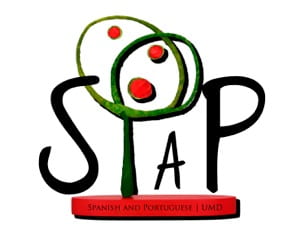We write as a group of concerned scholars in response to the recent Modern Language Association report on doctoral study in modern languages and literatures. We appreciate the efforts of the committee that produced the document and understand the reasoning behind several of its individual recommendations. At the same time, we feel strongly that this document misses two crucial opportunities: (1) To articulate the underlying structural conditions of the crisis it describes (including but not limited to dramatic cuts in education funding, the deep and ongoing reductions of tenure and tenure-track jobs, the systematic exploitation of adjunct and graduate student labor, and the expansion of senior administrative ranks); and (2) To campaign actively for the value of the scholarly practices, individual and collective, of its members. We are not opposed in principle to the ideals of innovation, expansion, diversification and transformation advocated in the report, but we are concerned that these ideals may operate as buzzwords that detract attention from a more fundamental problem: the devaluation of academic labor and the marginalization of humanities scholarship and expertise. We call upon the MLA to advocate rather than capitulate.
Of the numerous responses to the MLA report, many have been critical of its call for doctoral programs to take into account the bleak realities of the academic job market; other responses have congratulated the MLA for its virtual admission of defeat. We take issue with the sense of capitulation that hangs over the report. Whereas we share the committee’s “concern about the future of humanistic study” and its recognition of “structural problems” in higher education, we worry that the report accepts “doubts about the legitimacy of doctoral study” as its starting point.
The report incorporates rather than disputes the frequent and often ad hominem attacks on the legitimacy of the humanities, suggesting that we should change to meet those criticisms rather than challenge them. Its conclusion that doctoral training must be reformed “to bring degree requirements in line with the ever evolving character of our fields” remains unsettlingly passive toward the realities of such an “evolution.” Yet without a more active response from the largest professional humanities organization, the casualization of academic labor and devaluation of humanities scholarship will only increase. Instead of “responding” to these conditions with unrealistic recommendations for change, the MLA should work to combat and change them.
Although we are well aware that no single professional organization has the power to undertake structural changes throughout all of higher education, part of the MLA’s mission is to set the terms of public discourse about the study and teaching of languages and literatures. A language borrowed from the world of business administration — flexible, adaptable, deliver, evolving — pervades the report. Upon what economic realities are such demands based? Year after year there are more students enrolling in colleges and universities in the United States, which implies a greater demand for well-trained, full-time faculty.
More here; Essay critiques the MLA report on graduate education @insidehighered.
